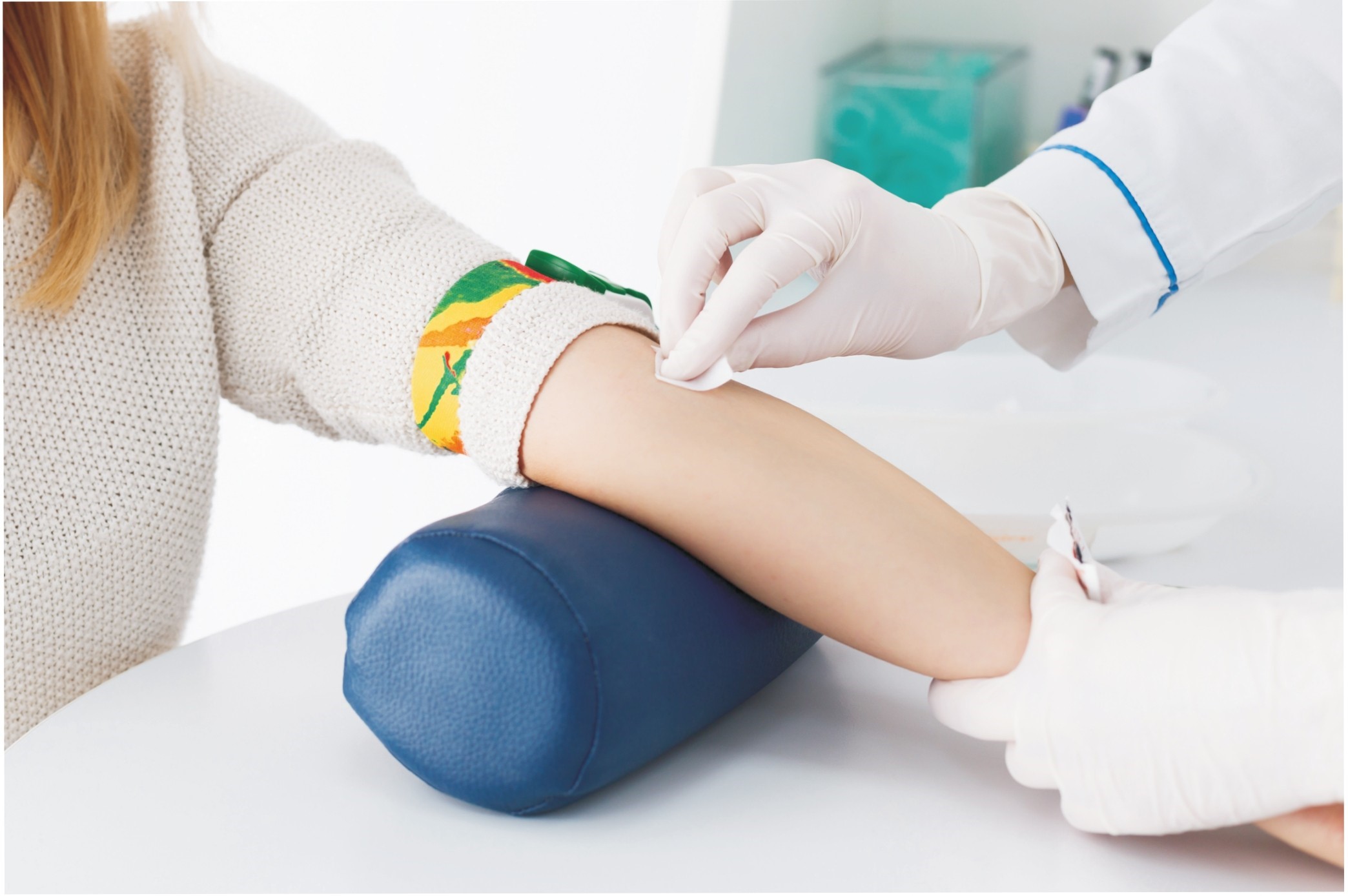Maintaining heart health
To lower the risk of heart failure, managing blood sugar level is important. Lifestyle modification includes cessation of smoking, maintaining a healthy weight, abstaining from or limiting alcohol intake, reducing salt and fat in the diet, regularly exercising and taking prescribed medication.
Additionally, people with Diabetes are advised to undergo annual tests like ECG and stress test to avail timely medical intervention (if required) to avoid heat failure. In case people with Diabetes are detected to have blockages in their blood vessels, relieving them by angioplasty (it is a minimally invasive heart procedure to widen the blocked arteries or veins due to plaque build-up) or Bypass surgery may also protect their heart.
Blood pressure testing
An important part of taking care of yourself is keeping your blood pressure under control. High blood pressure – also called hypertension – raises your risk of heart attack, stroke, eye problems and kidney disease. As many as 2 out of 3 adults with Diabetes have high blood pressure.
Blood pressure is the force of blood flow inside your blood vessels. When your blood moves through your vessels with too much force, you have high blood pressure. Your heart has to work harder when blood pressure is high and your risk for Diabetes problems goes up. BP higher than 130/90 mm Hg usually is considered elevated and medical intervention is recommended.
Lipid profile test
It is a blood test that can measure the amount of cholesterol and triglycerides in your blood. People with Diabetes are advised annual testing of cholesterol levels.
ECG
Electrocardiography (ECG) is the process of recording the electrical activity of the heart by placing electrodes on the body. The electrocardiogram can measure the rate and rhythm of the heartbeat, as well as provide indirect evidence of blood flow to the heart muscle.
 n
n
ECHO test
An echocardiogram is a test that uses sound waves to create pictures of the heart. Echo also can pinpoint
-
heart muscle that isn’t contracting well because of poor blood flow or injury
-
blood clots in the heart
-
fluid build-up in the pericardium (the sac around the heart)
-
structural abnormalities in the heart valves
-
problems with the aorta (The aorta is the main artery that carries oxygen-rich blood from your heart to your body)
-
The flow of blood through your heart’s chambers and valves (in case of Doppler echocardiogram)
Stress test
Stress tests are tests performed to determine the amount of stress that your heart can manage before developing either an abnormal rhythm or evidence of ischemia (lack of blood flow to the heart muscle). The most commonly performed stress test is the tread mill exercise stress test which detects whether there is adequate blood supply reaching your heart during a stress inducing event.
Surgery
Angiography, a diagnostic procedure, uses a special dye and x-rays to detect how many blood vessels are blocked and the location and severity of the blockages.
Angioplasty, a corrective procedure, opens narrowed or blocked blood vessels. The surgeon inflates the narrowed blood vessel to widen it and improve blood flow. A stent (a small, metal mesh tube) is often placed during angioplasty to prevent the artery from closing up again.
Cardiac bypass, also known as coronary artery bypass graft (CABG), open heart surgery where new path is created using parts of own blood vessel to improve blood flow..
Lower the risk of heart failure
-
Managing blood sugar levels
-
Cessation of smoking
-
Maintaining a healthy weight
-
Abstaining from or limiting alcohol intake
-
Reducing salt and fat in diet
-
Regular exercise
-
Regular check-up
Do you need a heart check-up before starting a gym?
Traditional recommendations was that everyone should undergo a heart check-up before starting any exercise as there is a slightly increased risk of a heart attack or cardiac complication. But recommending everybody to see a doctor first before starting exercise can actually create an obstacle that would keeps people from exercising.
New guidelines understand that it is important to balance ensuring patient safety while overcoming any obstacle to exercise. The New American Sports Medicine guidelines suggest a heart check-up if:
-
You are not normally active
-
You have had any heart problems or any other health condition that may predispose heart problems like diabetic neuropathy or hypertension or kidney disease or lung problem
-
You will be participating in a high intensity activity
If you answer yes to any of these then it may be necessary to consider a heart check-up as you may be at a higher risk of having a cardiac event during the exercise. This check-up would include blood pressure measurement, pulse ratio, body mass index and treadmill test.
It is also necessary to get medical help if you experience any of these symptoms whether or not you are exercising-
Excessive shortness of breath
-
Chest pain
-
Palpitation
-
Dizziness
-
Near syncope (loss of consciousness)
-
Significant swelling on your legs
 n
n
The overall risk to cardiac event during exercise is low. You should always start slowly with warm-up. Do not build up too fast on intensity and length of time. People who don’t exercise are almost twice as likely to get heart disease as people who are active. Regular exercise can help you –
-
Burn calories
-
Lower blood pressure
-
Lower LDL (bad cholesterol)
-
Increase HDL (good cholesterol)
Dr Abhay Khode is a Consulting Cardiologist














